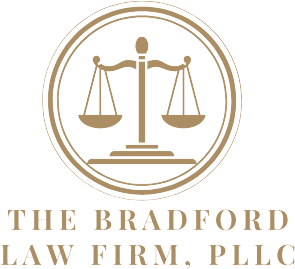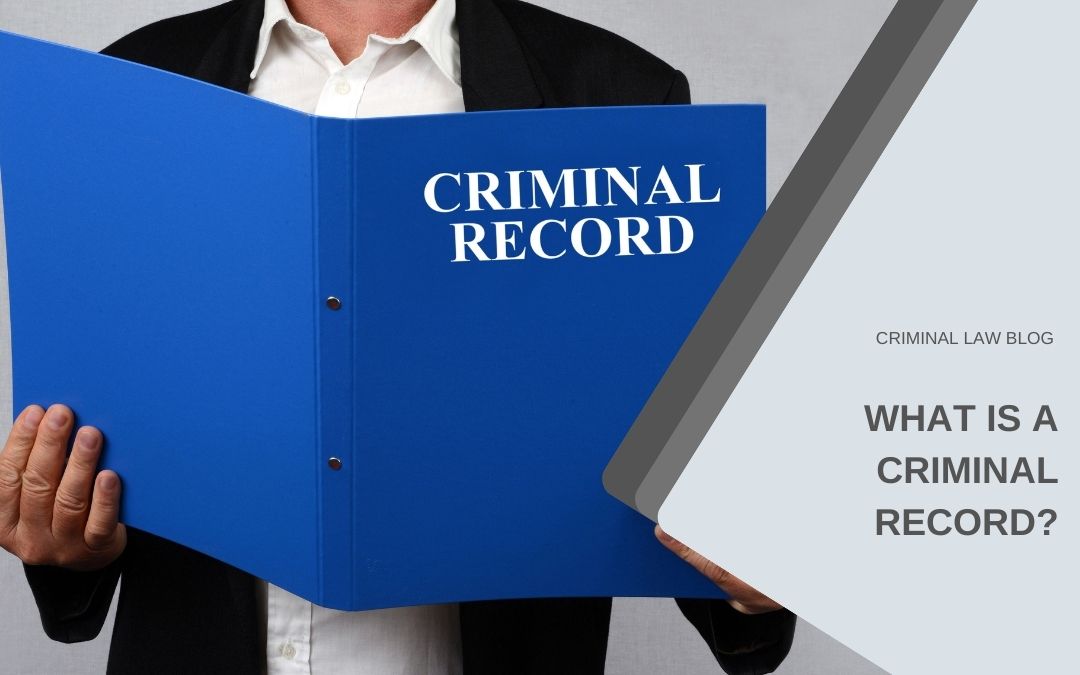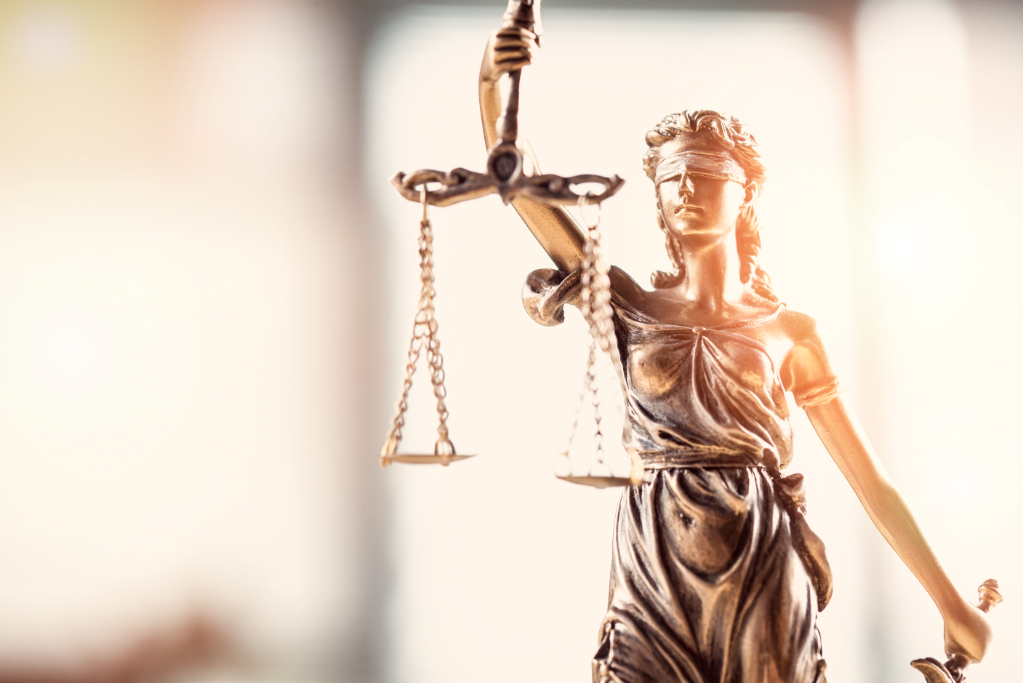A criminal (or crime) record contains a summary of all your contacts with law enforcement agencies. It contains information on all:
- Arrests
- Convictions
- Sentences
- Parole violations
- Dismissals
- Not guilty verdicts
However, civil judgments, like creditor actions and bankruptcy, are not included on a crime record.
A criminal record also provides personal identifying information like identifying marks, weight, height, eye and hair color, social security number, date of birth, and if you use different names.
Law enforcement creates criminal records at the local, state, and federal levels. These records are often used in background checks and by law enforcement during an arrest.
Access to criminal records
Additionally, the public can access most criminal records, meaning anyone could search for what crimes someone committed. But only parts of it are available, such as your name, list of convictions, sentences, fines, and fees. Personal identifying and sensitive information like your social security number are not shared.
However, criminal records and databases maintained at the federal level may include some restrictions and may not be available to the public.
You can request a copy of your criminal record to review it and check its accuracy. Typically, you’ll need to contact the law enforcement agency involved or the FBI if you have records in multiple states.
In addition, any convictions that have been sealed or expunged by the court won’t appear on your criminal record.


